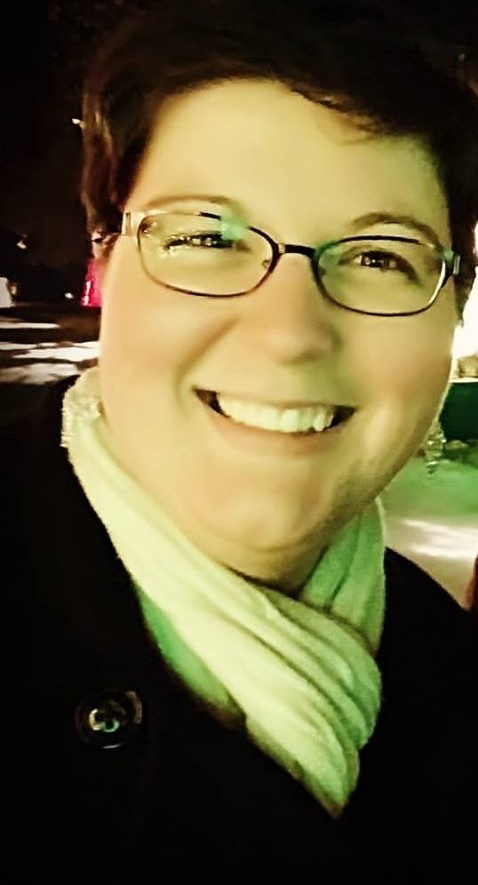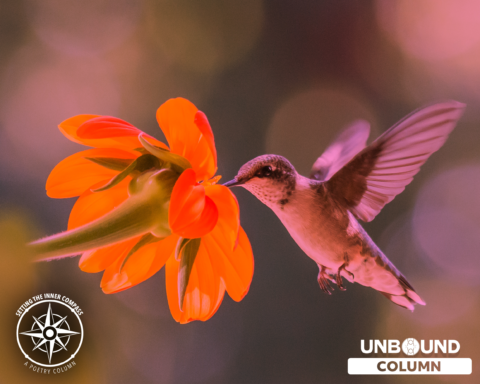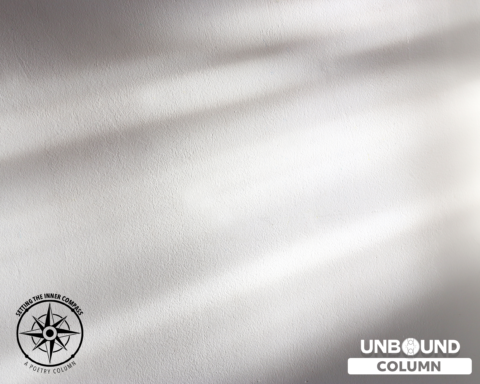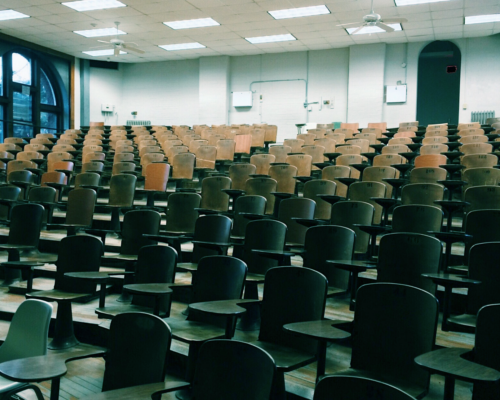Spring
It is spring, the season of runny noses and sore
knees from slip-sliding down muddy hills sloughing
off snow in so much rain. The flies come buzzing
to the opening windows and the last frost snaps
even the lilies—winter is always a touch spiteful.
It is spring, and the daffodils and conspiracy theories
are tentatively blooming, splashing like handfuls
of sanitizer across the world to birdsong for twenty seconds
or whatever tune you don’t hate after the fortieth time
washing off the flu, coronavirus, fear of the elderly
and the compromised, anger of the poor that this too
will come for them and no one will stand in its way
to claim their lives matter—you see, whether they die
by bullets or bronchitis, we are still not bothered enough
to pass a bill, pay a tax, feed a child, save a life.
It is spring, when the earth stretches and yawns after
a lovely long nap, and I can only hope we listen to this
discordant symphony of change so that we, too, can
stretch beyond the life we thought was unchangeable
before the summer comes and is utterly unforgiving.
Testing
Jesus was sent—flung—into the wilderness alone
to wander. What does a god do for forty days of waiting
for an adversary to test him? I am locked in this house
until the virus passes over the blood on my doorframe,
fear chasing panic through empty grocery store aisles,
this desert of Lent suddenly feeling too wild, too vast.
Our adversary is not waiting forty days to ask us
if we are the children of God, why do we take all
the sanitizer and blame the foreigners and tell ourselves
that if we ruled all peoples it would be better, safer?
We do not need to be offered the kingdoms of the world
to want to reach out and take them for ourselves,
we rulers of our own castles, we gods who wait.
It has been so many days that feel like forty each
and we are starving for certainty, security, anything
resembling an Easter resurrection—but it is still Lent,
these forty days of wandering, and I am beginning to see
why the first question was about stones into simple bread.
Responsible
They have closed the schools for three weeks.
The children who are resilient go to their houses
(if they have them) to annoy their parents (if
they have them) because no one has explained that
it is okay for the world to change, that does not
mean it’s ending. We realize that that is wrong,
that the world we built before we thought about
children is ending, must end, because in our world
three weeks will starve a child who eats once
a day (if they have that). Three weeks will kill
a child whose parents beat her for being frightened.
Three weeks will freeze a child as spring vacillates
over that one last snow, heedless of whether he has a coat.
Three weeks will change a child, if not the world.
They have closed the schools for three weeks,
and we who built the world are only just beginning
to see that we do not need a virus to endanger the children
that we never remembered to save; we look to someone
else to feed them, protect them, take up the responsibility
of safeguarding this future we claim when it is convenient
to think about a world we do not build, a pattern we do not
control, a life where our values are no longer held with
reverence as though elders have it right simply by outliving
death for this one day, these three weeks, this breath of hope
that we will allow ourselves to be changed, be responsible
for the ones to whom no one explained that the world is ending
and it will be okay, that only means it’s changing for them.
 J.D. Waggy is a part of the pastoral staff of a United Methodist Church in Portage, Michigan, who has recently been approved for commissioning in provisional membership en route to ordination. One of many pieces of her ministry is creative writing, using the flexibility and rigidity of poetry to understand the best way to be faithful in the world. Her poetry has been published by UNBOUND, Time of Singing, Crux Literary Journal, and Kennings Literary Magazine.
J.D. Waggy is a part of the pastoral staff of a United Methodist Church in Portage, Michigan, who has recently been approved for commissioning in provisional membership en route to ordination. One of many pieces of her ministry is creative writing, using the flexibility and rigidity of poetry to understand the best way to be faithful in the world. Her poetry has been published by UNBOUND, Time of Singing, Crux Literary Journal, and Kennings Literary Magazine.






Unbound Social